Happy New Year! Wishing you a better year than 2020, anyway…
It was eleven years ago today [EDIT: I’m wrong, it’s twelve years!] that I published the first post on this blog. How time flies, and how things change. The blog has a greater focus on books now; my tastes have evolved, as has my approach to blogging – not to mention the world of book blogging itself.
But this is still my place for writing about reading and books. I’m thinking about what direction to go in with the blog this year, but for now I have a few books to tell you about that I read over Christmas and New Year…
***
Emily Jeremiah, Blue Moments (2020)
I know of Emily Jeremiah as co-translator of several Finnish titles for Peirene Press (including Children of the Cave, White Hunger and Mr Darwin’s Gardener). Blue Moments is a novella by Jeremiah, recently published by Valley Press.
We’re introduced to Eeva as a young girl. Her parents have divorced, and she moved with her father to his home country of Finland – her mother remains in England, recovering from depression. Eeva finds it hard to adjust, feeling caught between the two cultures. Years later, Eeva goes to study in England, and resolves to understand more about her parents’ lives.
Blue Moments is a fine example of how much a novella can encompass in a relatively small space. We see Eeva coming to terms with her past, and find a place for herself in the present.
Samantha Clark, The Clearing (2020)
Samantha Clark is a Scottish artist; this memoir revolves around the process of clearing out her parents’ old home in Glasgow after they have passed away. The act of doing this leads Clark to reconsider her relationship with both of her parents: her mother, who developed severe mental health problems; and her father, whose role caring for his wife distanced him from his daughter.
The ‘clearing’ of the title doesn’t just refer to clearing the house. It’s also about the space within oneself, or between oneself and the world. Clark contemplates the gap between her parents’ silent, static house and her own memories and experiences. She considers what this means for her, and illuminates her thoughts with various artistic and scientific ideas. The Clearing is a fascinating book that leaves its readers with much to reflect on themselves.
Published by Little, Brown.
Paolo Maurensig, Game of the Gods (2019)
Translated from the Italian by Anne Milano Appel (2021)
Paolo Maurensig has written several previous novels set in the world of chess. His latest book to appear in English returns to that world, with a fictional account of the life of Malik Mir Sultan Khan. In the early 20th century, Sultan Khan is a Punjab village boy who becomes a servant to the powerful landowner Sir Umar Khan. He excels at chaturanga, the ancient forerunner of chess. Umar Khan has the boy master the Western rules of chess, and takes him to Britain, where Sultan Khan becomes renowned for his prowess. But life has more than one further twist in store for him.
In Maurensig’s telling, Sultan Khan becomes something of a pawn in a wider game: for Umar Khan, he’s a way to get back at the British; and when war comes, his strategic skills are useful to others. There is a sense that giving an interview about his life (which is how the novel is framed) allows Sultan Khan to exercise some control over how his legacy will be viewed. It’s not completely so, of course: this story is being told by a European author, after all. But there is a reminder at the end that conflict continues, outside of one person’s control.
Published on 14 January by World Editions.
Like this:
Like Loading...

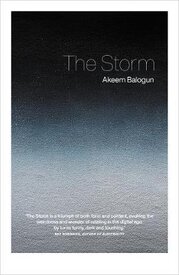

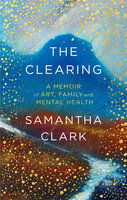
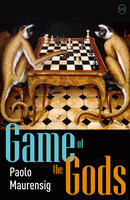
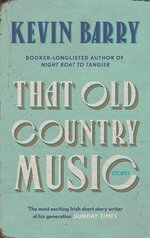
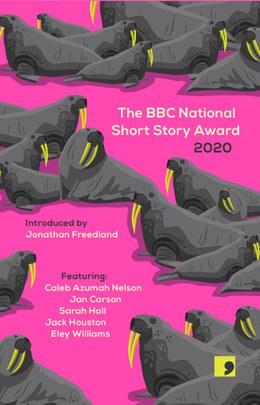
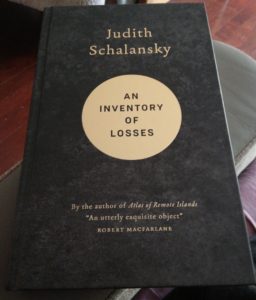
Recent Comments